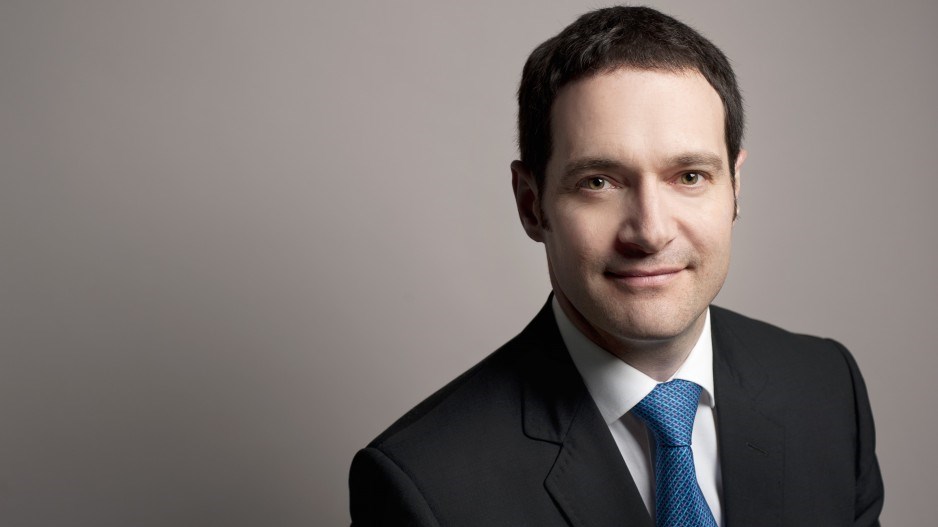Business in Vancouver's "How I Did It" feature asks business leaders to explain in their own words how they achieved a business goal in the face of significant entrepreneurial challenges. In this week's issue: Avigilon Corp. founder and CEO Alexander Fernandes and his success in raising capital in the public markets during volatile economic times.
On November 8, 2011, Avigilon, which makes high-definition surveillance cameras, began listing on the Toronto Stock Exchange with an initial public offering that raised $25 million. The IPO hit the company's target dead on at a time when investors were extremely cautious.
"I had been a CEO of a public company business unit but never actually did the IPO," Fernandes said, "so this was a first for me. It was always a long-term objective that we would take the company public. In 1999, I started my first company, QImaging, and it was a huge success. I started that company with an initial investment of $2 million – and I was the lead investor on that – and I sold it three years after for $20 million cash.
"I ended up – as a business owner – being a user of surveillance. That's when the lightbulb went on. I discovered that video surveillance was terrible. I want better [so] I can only imagine that nuclear power plants, prisons, airports a) have much more at stake than I do and b) have way deeper pockets.
"It seemed like an obvious fit. I have the knowledge, access to capital, the ability to start a company from scratch. I understand the technology involved in imaging. The market was ripe, and I had all the tools at my disposal.
"As an entrepreneur, I'm always looking for the biggest market I can find that I can dominate. You have to be the best in your market, in your class. If you're the best, there's always room at the top, and you've got to keep your expenses under control. I run a super-tight ship.
"Once you've got your expenses under control, and you've got your product gross margin under control, the third thing is you've got to grow sales, and that's what the IPO is about – growing sales faster.
"We spent three years in product development. The thing that distinguishes us is that we're profitable and we have been for two and half years now.
"We didn't need the IPO to stay in business. We could keep growing organically. But here's the opportunity: there's a $16 billion market today, and we're number 1 in terms of product performance and value, and we're less than one half of one per cent of the global market. So the objective of the IPO is to accelerate growth into the market.
"I led the financing myself. I put in $1 million in the round. Our employees and founders, we put in over $7 million. I'm the biggest investor and shareholder of Avigilon. If you aren't, you get diluted. The big danger is, you lose control of the business, and then you have too many outsiders telling you how to run the business.
"As for timing, since 2008, a lot of people have been sitting on the sidelines. In a way, these recessionary times – if you're at the top of your game – it's better for your business to raise investment because it culls the herd. You're sharing the pie with fewer competitors.
"A strong contender's relative advantage is greater in recessionary times than in good times." •




